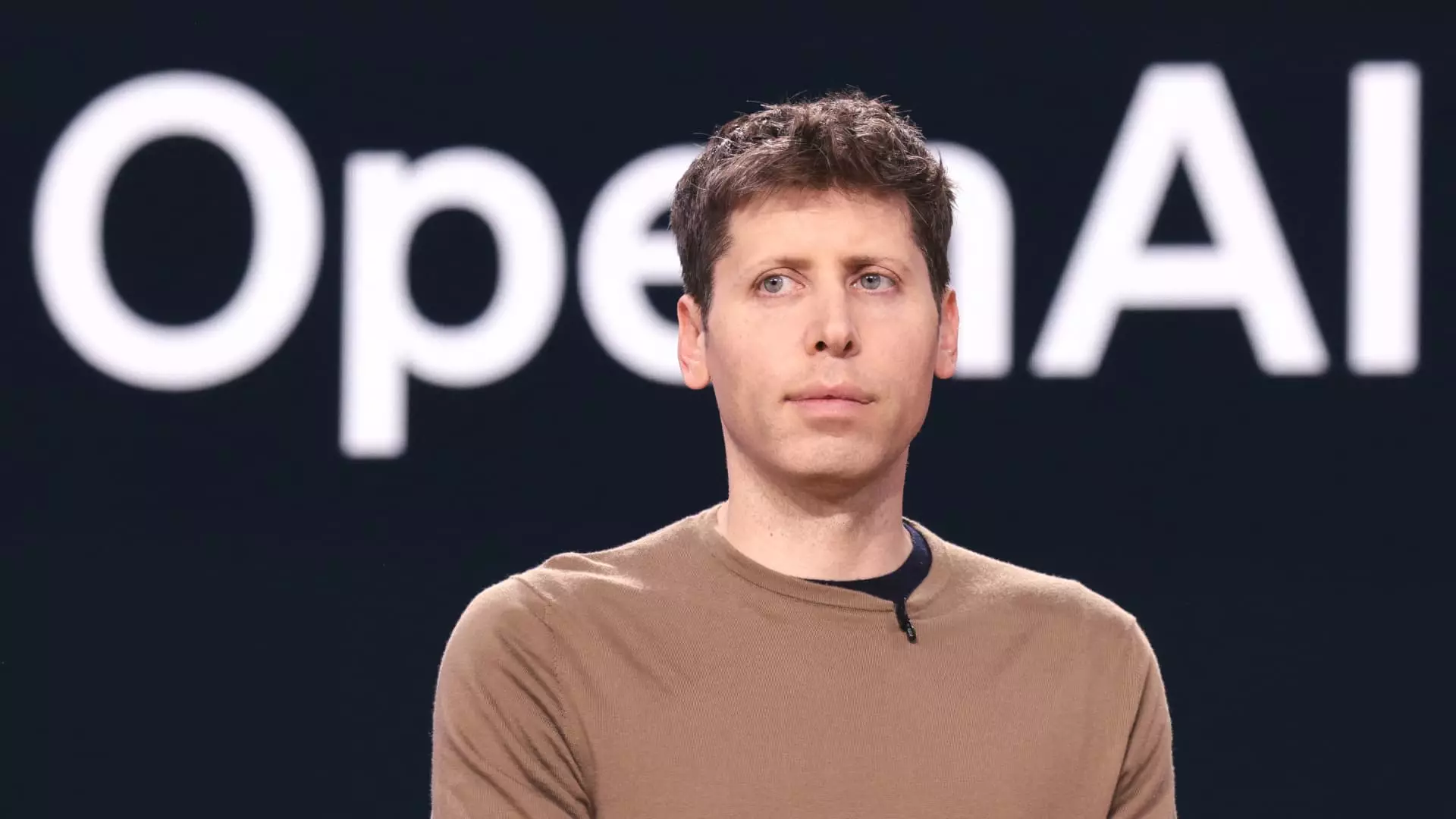In a strategic maneuver reflecting the growing pressures on AI companies, OpenAI has declared that its Safety and Security Committee will transition into an independent oversight board. This decision, made public by the company on Monday, is not merely a response to internal controversies regarding safety protocols but signifies OpenAI’s commitment to transparency and accountability in its operations. The newly independent committee will be under the leadership of Zico Kolter, a seasoned expert in machine learning from Carnegie Mellon University’s renowned School of Computer Science, highlighting the emphasis on experienced governance in overseeing critical safety measures.
The formation of this oversight committee includes a diverse array of members, each bringing a wealth of experience from different sectors. In addition to Kolter, board members include Adam D’Angelo, co-founder of Quora and an influential figure in technology; Paul Nakasone, ex-chief of the NSA, who adds a layer of security expertise; and Nicole Seligman, a former executive at Sony with insights into corporate governance. Such a multi-faceted assembly of professionals is indicative of OpenAI’s intention to integrate various perspectives into its decision-making processes. This composition promises to enhance the company’s safety and security measures adeptly, reiterating the necessity of comprehensive oversight as machine learning technologies continue to evolve rapidly.
The committee recently completed a thorough 90-day review of OpenAI’s operational procedures, culminating in five key recommendations aimed at bolstering safety and security. First and foremost is the need for independent governance over these processes, an acknowledgment of the complexities inherent in AI development that necessitate unbiased oversight. Furthermore, the need for heightened security measures alongside a commitment to transparency in OpenAI’s ongoing projects has been stressed. Collaboration with external organizations is also suggested, which could lead to improved industry standards and safety protocols, considering the communal responsibility AI companies share in addressing ethical challenges.
Notably, the proposal to unify safety frameworks across the company signifies an organized and methodical approach to risk assessment, reflecting a paradigm shift in how OpenAI navigates its safety protocols. This proactive stance aims to address concerns that have been voiced by both employees and external observers about the rapid pace of AI advancements outstripping safety measures.
OpenAI continues to innovate despite the scrutiny, with the recent launch of a preview version of its AI model, branded o1, which focuses precisely on reasoning and solving complex problems. The committee’s involvement in assessing o1’s safety criteria before launch illustrates the essential role of oversight in the company’s operations. By taking control of the model launch process, including the authority to delay releases until safety issues are resolved, the committee is poised to instill a sense of responsible governance that has previously been questioned.
However, OpenAI does not exist in a vacuum. Its rapid growth, particularly following the success of ChatGPT, has been accompanied by various controversies and high-profile employee departures. Reports indicate that some staff members express concerns regarding the organization’s pace and the implications this has on safety practices. Reinforcement of these sentiments manifested in a letter from Democratic senators directed at OpenAI’s CEO, Sam Altman, questioning how safety issues are being tackled.
Additionally, a collective of current and former OpenAI employees raised alarms about the lack of oversight and whistleblower protections—a narrative that is becoming increasingly critical in tech industries today. Notably, the disbanding of the team dedicated to long-term AI risks just a year after its establishment highlights the pressures organizations face in constant adaptation to an ever-evolving landscape.
As OpenAI braces for its next phase, the establishment of an independent oversight committee is a laudable step toward addressing internal challenges and external criticisms. By fostering transparency and accountability in its operations, OpenAI not only ensures compliance with safety requirements but also seeks to regain trust from stakeholders and the general public. This initiative is more than just a structural change—it symbolizes the growing recognition of the need for rigorous oversight in the fast-paced field of artificial intelligence, a domain where the implications of oversight shortcomings can resonate well beyond the tech industry. The path ahead is fraught with challenges, yet through committed governance, OpenAI could indeed set a new standard for safety in AI development.

